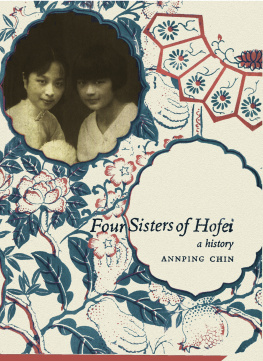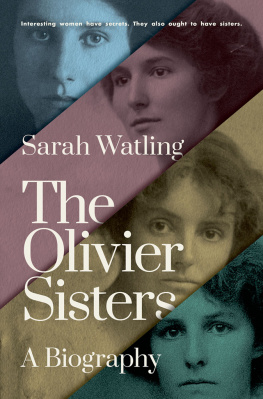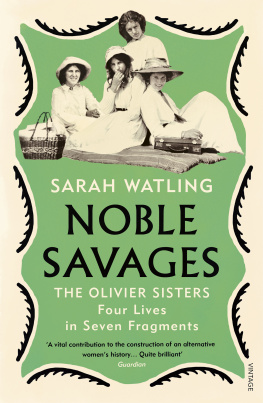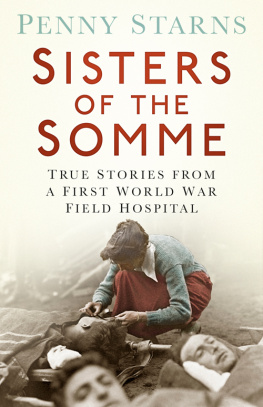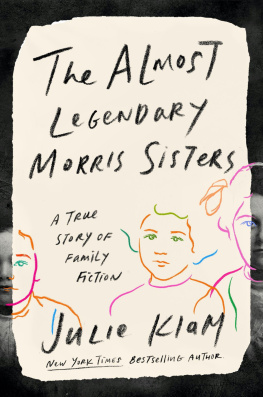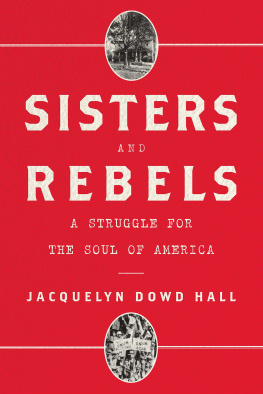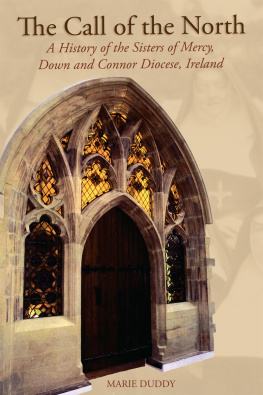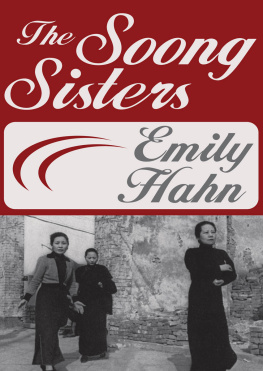This book is a surprise. It is a footnoted, scholarly work... yet it is also a series of accessible, often moving portraits.
Los Angeles Times
A splendid blend of memoir and history, a beguiling story about the joys and sorrows of one family and an entire nation, a good tale well-told, as well as a fascinating piece of social history.
San Jose Mercury News
Chin is a true master of narrative social history.... One thing that gives Four Sisters of Hofei an extra claim on the readers interest is the way it richly evokes places, as well as personalities.
The Vancouver Sun
A wonderful book, elegiac, poignant, and recreative of a lost world... Chin brings us into a world almost impossible for a foreigner to imagine.
Jonathan Mirsky, Literary Review (London)
Countless authors have chronicled the lives of people who survived the trials of 20th-century China, but few bring as much knowledge and style as Chin does.... [Chin] stirringly conveys the universal ability to endure and prevail despite adversity.
Publishers Weekly (starred review)
[A] meticulously researched story of four sisters, teeming with ideas and characters like an intellectual marketplace as it draws on their lives to illustrate the cultural, social, and political history of 20th-century China.
Kirkus Reviews
Annping Chins new book will fascinate both the passionate Sinophile and the ordinary reader. It is the true story of four Chinese sisters born in the early years of the last century, all highly educated, all still alivewomen who survived the excesses of three revolutions: the Republican, the Communist, and the Cultural. A revelation of social and cultural life in pre-Communist, upper-class china, it is a must-read for anyone interested in the dynamics of family relationships under the best and worst of conditions.
Hannah Pakula, author of An Uncommon Woman: The Empress Frederick
For anyone interested in glimpsing backward to what intellectual life in pre-revolutionary China was like, Four Sisters of Hofei provides a wonderful window into this historical moment when traditional Chinese culture mixed with modern Western culture to form a cosmopolitan synthesis. The remembrances, diaries, letters, and family histories of these four Chinese sisters allow Annping Chin to weave a tableau of life now lost forever to China that is at once concrete and fascinating.
Orville Schell, author of Mandate of Heaven: Tiananmen Square and the Next Generation of Chinas Leaders
Annping Chins imaginative narrative structure, lucid and forceful prose, and beautiful translations of poetry make for a fascinating and moving book about four sisters whose education and active lives in modern China span the twentieth century. History, literature, and family dynamics are all at play in a book deeply concerned with the acquisition and transmission of knowledge itself.
John Hollander, author of Rhymes Reason: A Guide to English Verse
Chin unobtrusively supplies context for the dense fabric of events, enabling the reader to glide along as if watching a familiar narrative unfold. Yet Four Sisters of Hofei teaches us something about warlord politics in Anhui Province, the breakup of gentry clans in the tumultuous early republican era, amateur groups devoted to the classical opera form called kun-qu, attempts to remake Chinas educational system, and much more.... Four Sisters [focuses] on a domestic, private world in which strong women remain devoted to keeping the essence of tradition alive.
Bei Ling, The New Leader

Thank you for purchasing this Scribner eBook.
Join our mailing list and get updates on new releases, deals, bonus content and other great books from Scribner and Simon & Schuster.
C LICK H ERE T O S IGN U P
or visit us online to sign up at
eBookNews.SimonandSchuster.com

To Jonathan
My deepest gratitude goes to Chang Chung-ho for her time and attention, and for all that she has taught me over the years. She has tried to answer all my queries at whatever hour of the day and has shared with me her knowledge of calligraphy and of kun-ch opera. Because of her, I wanted to get things right.
The other three Chang sisters, Yuan-ho, Yun-ho, and Chao-ho, and their brothers Ting-ho, Y-ho, and Huan-ho have also been generous and patient. They shared with me all they could think ofdiaries, letters, books, family journals, poems, photos, and what they remembered about things pastin order to help me get things right. Thanks are also due to Yuan-hos daughter Ling Hung, who showed me her adoptive mother Ling Hai-hsias unpublished memoir, and to Chao-hos granddaughter Shen Hung for sending me her grandparents photo.
Over the years, I have also benefited from the help of Sherman Cochran, Vivienne Shue, Bai Qianshen, Xia Chuntao, Peter Carroll, and Chen Hsiao-chiang. They have either pointed to sources crucial for my work or have tried to help me locate sources that were difficult to find.
When I was in Hofei, Weng Fei from the Anhwei Chinese Academy of Social Sciences gave me important leads; and two local historians, Cheng Rufeng and Ma Qi, and a cousin of the Chang sisters, Chang Hsi-ho, accompanied me to the Chang ancestral home, thirty miles west of the city. Traces of the old world were still visible on the grounds of the two family compounds: a pair of wu-tung trees, which were gifts from the Empress Dowager Tzu-hsi to the sisters great-grandfather Chang Shu-sheng for helping the Ching government to put down the Taiping rebels in the 1860s; a partially burned-out storehouse; a two-story building that young ladies in the family had once used as their retreat. I want to thank them for taking me there.
Andrew Wylie and Zoe Pagnamenta were enthusiastic about the project from the beginning. Their encouragement always came at the right moment. Nan Graham and Sarah McGrath at Scribner gave me a lot of time to work on this book and did much to make it clearer and better. Janet Fletcher was shrewd and thorough in her copyediting.
My son, Yar, rescued me from many computer crises. My daughter, Mei, gave a thoughtful reading to an earlier version. My husband, Jonathan Spence, read many drafts and thought through everything with me. In this long course, he remained the person who understood me best and what I tried to say. And even when he was most helpful, he let me be. He had an art that only those with true compassion and civility could attain. To him this book is dedicated.
M ARCH 22, 2002
W EST H AVEN , C ONNECTICUT
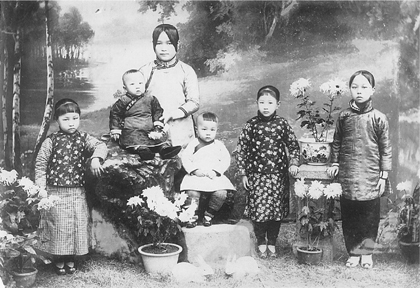
Chao-ho, Yun-ho, and Yuan-ho with their two younger brothers and their first tutor, Miss Wan, in 1916.
C HANG S HU-SHENG : great-grandfather.
C HANG H UA-KUEI : grandfather, oldest son of Chang Shu-sheng
C HANG W U-LING : Chang Hua-kueis only son and father of the four Chang sisters.
Next page
